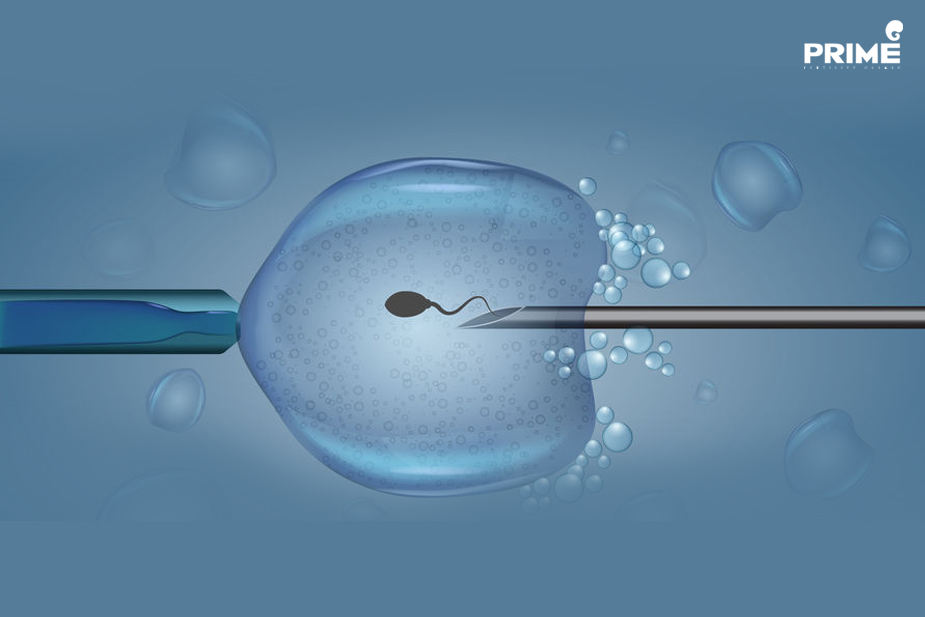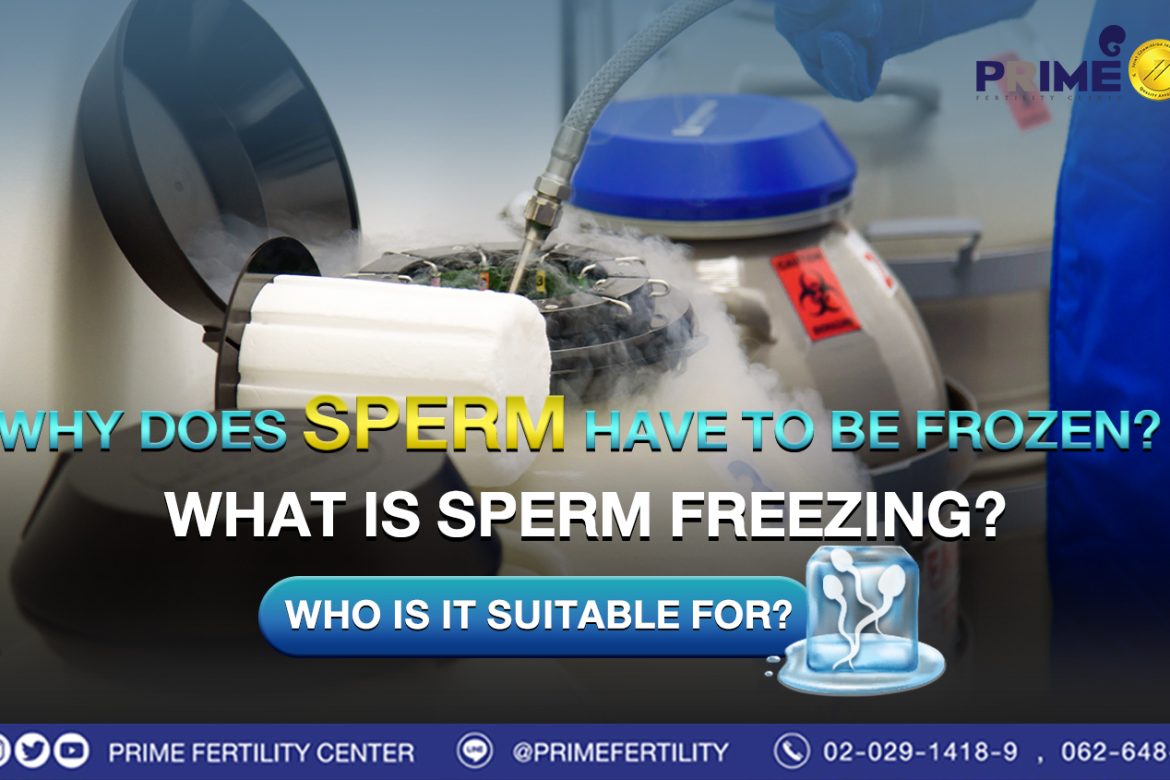Many people probably heard about the infertility treatment “ICSI”. Let see the questions and answers explaining how this treatment works.

Many people probably heard about the infertility treatment “ICSI”. Let see the questions and answers explaining how this treatment works.
Q1: What is ICSI?
Answer: The word ICSI stands for Intracytoplasmic Sperm Injection or ICSI with In Vitro Fertilization (IVF) is a leading fertility technology to solve infertility issues by taking the eggs and sperms to fertilize outside the body taking place in the laboratory using the advance technology.
The difference between ICSI and other methodologies is that with the ICSI method, we select only one best sperm of the male and one best egg of the female that are perfect for fertilization. We inject that one sperm directly into the egg, which helps for reducing the failure of fertilization or abnormal fertilization due to the thick eggshell, unhealthy egg, or sperm, including abnormal fallopian tubes and uterus which are the obstacle of natural pregnancy.
Q2: Who should attend ICSI treatment?
Answer: This treatment is suitable for:
Female:
- Age over 35 years old
- Stenosis for both sides of the fallopian tubes
- Endometriosis, Chocolate Cysts that cause severe menstrual cramps and abnormal menstruation
- Malfunction of the ovarian hormones which causes the absent menstruation without pregnancy or intermittent menstruation that may occur because of chronic anovulation or Polycystic Ovary Syndrome (PCOS)
- Unsuccessful with other treatments such as Intrauterine Insemination (IUI)
Male:
- Severe abnormal sperm: low quantity, irregular shape and mobility
- Being sterile or has been sterilized but the still able to create the sperm. For this case, the doctor will directly take out the sperm from the testicle instead of the normal ejaculation, such as PESA, TESA, TESE procedure.
Couple:
- Failed with other infertility treatments, such as Intrauterine Insemination (IUI), In Vitro Fertilization (IVF)
- Prefer to screen the genetic disease from an embryo or concern about genetic disorders, such as: Down Syndrome, Thalassemia, muscular dystrophy, and so on.
Q3: What are the ICSI procedures?
Answer: ICSI procedures will begin after the physical check-up and the consultation with the infertility specialist.
- Ovarian Stimulation: The doctor will prescribe the medication for self-administrator injection (for 10-12 days) and oral medicine for the egg stimulation in order to make it ovulate more than one. During this step, the doctor will make an appointment to do ultrasound and blood test to check the quantity and size of the eggs, whether they are mature for further procedures.
- Injection for inducing final follicle maturation: After ensuring that the eggs are big enough, an injection of hCG will take place to trigger final maturation about 36 hours before egg retrieval procedure.
- Egg and Sperm Retrieval: The female will be sedated during this procedure. On the appointment date, the doctor will do the vaginal ultrasound to locate the spot and to see the quantity of the eggs. After that, the doctor will put the needle and aspirate the eggs out of the vagina. This procedure will take about 30 minutes to complete. There is the private room for male to collect the sperm as well. By the way, the patients need to avoid having sex for at least 3 days but not over than 7 days before this procedure.
- Fertilization Process and Embryo Culture: After the egg and sperm retrieval, the embryologist will select the healthiest egg and sperm to fertilize by using a microneedle to inject only one best sperm directly into the egg. Then taking the fertilized egg to culture in the laboratory for 5-6 days. Once the embryo is mature enough, it will be transferred back into the uterine cavity or be frozen until the future need.
- Embryo Transfer: After examination and preparation of the uterine cavity to ensure the patient is ready for the embryo transfer. The doctor will set up the operation date. The procedure begins with the abdomen ultrasound to search the suitable location for the embryo implantation. Then move the embryo back through the cervix (does not require anesthesia). When the operation has been finished, the patient can return home after taking 1-hour rest.
Q4: Is it painful for doing “ICSI”?
Answer: ICSI procedures could cause a little pain to the patient by doing needle aspiration and injection. The egg retrieval process is painless because the anesthesiologist will use anesthesia and sedation medication.
The side effects that may occur are pelvic pain, some bleeding in the vaginal or abdominal distension. If you experience any abnormal symptoms, please consult with doctor immediately.
Q5: How long does it take to know the pregnancy result after taking ICSI treatment?
Answer: The doctor will make an appointment to check the hCG hormone level by doing blood testing after 12 – 14 days of the embryo transfer. The test will show a result of whether the pregnancy is successful or fail.
The success rate of ICSI is between 30% – 40%. However, it depends on the health of the couple, the quality of egg and sperm, and the expertise of the physician and the embryologist as well.
Reference: Prime Fertility Center Co., Ltd.
https://www.primefertilitycenter.com/en/5-questions-about-icsi/
—–
Question about Infertility Treatment: Click Here
Review Clip from Our Patients: Click Here
#ICSI #IUI #IVF #eggfreezing #EmbryoFreezing #SpermFreezing #SemenAnalysis #Hysteroscopy #FET #PGT #PGD #NGS #PESA #TESA
#primefertilityclinic #primefertiltycenter #fertilityclinic #bangkokfertilityclinic #thailandfertilityclinic


